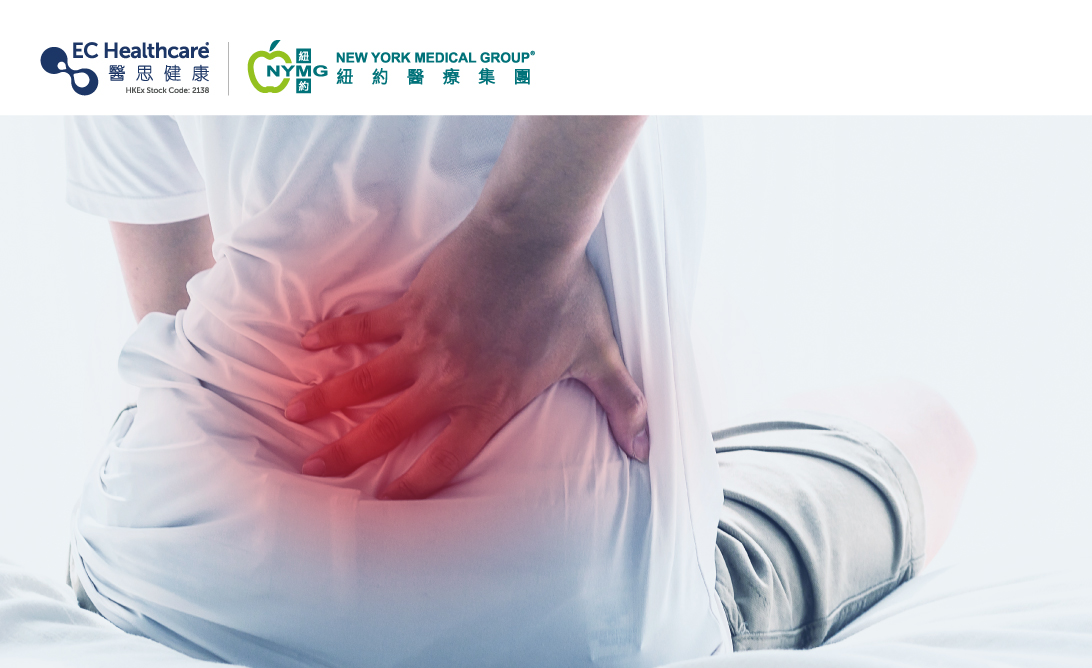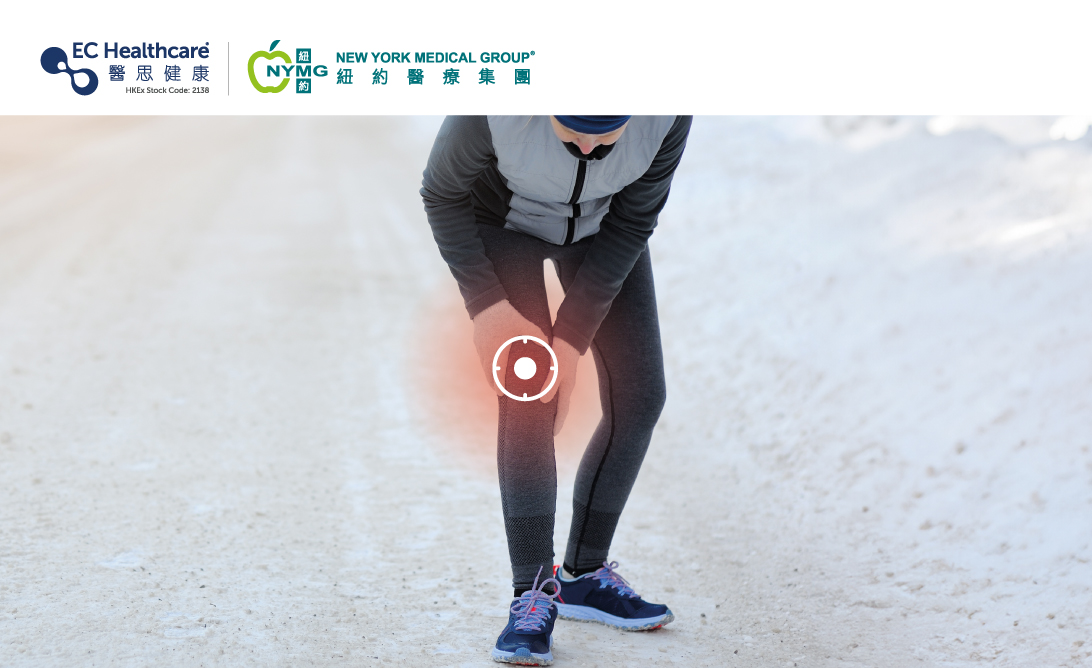The Link Between Poor Sleep and Increased Risk of Pain


Every day, hardworking individuals face physical and mental exhaustion at work, often experiencing aches and pains, particularly in the lower back. But here's the interesting part: Some of them also struggle with insomnia. Could this mean that poor sleep quality can actually heighten the risk of developing pain symptoms?
With the advent of smartphones, many people have become inseparable from their devices, keeping them by their pillows and even using them until they fall asleep. However, this habit not only affects sleep quality but also increases the risk of experiencing pain symptoms. Experts warn that the light and sounds emitted by smartphones can disrupt sleep and potentially lead to insomnia. A recent study also revealed that individuals with ongoing sleep problems have a 66% higher risk of developing chronic pain, highlighting the undeniable link between sleep quality and the risk of experiencing pain symptoms.
Norwegian University of Science and Technology conducted a study involving over 27,000 men and women who had no history of chronic back, neck, or shoulder pain. The participants were grouped based on their sleep habits and assessed. After 11 years, the researchers discovered that women who had insufficient sleep had a 32% higher risk of developing back pain compared to those in the "restful sleep" group.
Men who experience insufficient sleep have a 50% to 66% higher risk of developing back pain. During sleep, the mattress helps relax the spine and replenish the cartilage with moisture. Conversely, a lack of adequate sleep prevents the spine from properly relaxing and rejuvenating, leading to the onset of pain issues. Engaging in more than one hour of exercise per week also reduces the likelihood of experiencing pain compared to those who engage in no exercise at all.
Disclaimer: This article is prepared by an independent third party and is not sponsored. The content provided is solely for informational purposes and should not be considered a substitute for professional medical advice, diagnosis, or treatment. It does not represent any specific viewpoint. In the event of any discomfort or health issues, it is advised to seek medical attention promptly.
Related Brands










